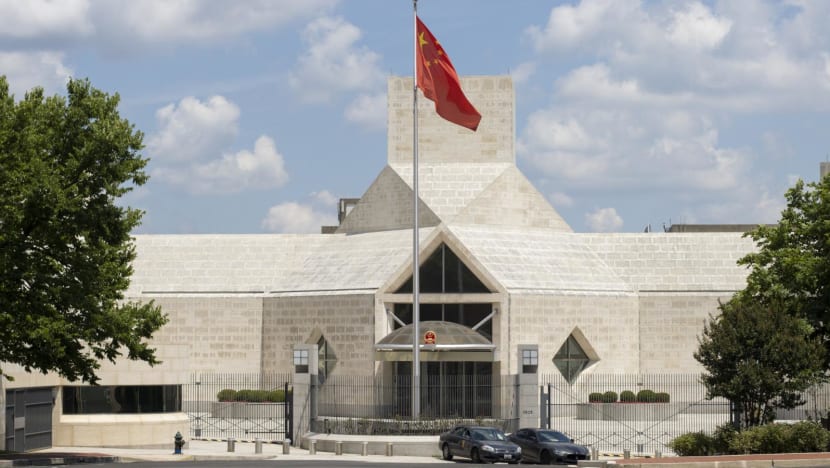Wells Fargo exit ban reignites foreign business fears in China

BEIJING: A travel ban imposed on a US Wells Fargo employee has raised fresh concerns among foreign firms about the risks of doing business in China, amid growing scrutiny of international companies and renewed fears of entanglement with Chinese authorities.
The bank has suspended all staff travel to China after Shanghai-born Chenyue Mao, who leads its international factoring division, was blocked from leaving the country in recent weeks, according to the Wall Street Journal. Mao is a US citizen, a source told Reuters.
Business groups, diplomats and foreign executives said the incident adds to a longstanding worry about China's use of so-called exit bans, especially troubling as Beijing attempts to attract foreign investment to support its slowing economy.
“Such stories can raise concerns of foreign businesses regarding travel to China,” said Jens Eskelund, president of the European Union Chamber of Commerce in China. “At a time when China is proactively trying to attract foreign investment, it sends something of a mixed signal.”
US URGES CHINA TO LIFT BANS
The US embassy in Beijing confirmed it had raised concerns with Chinese officials.
“We have urged them to immediately allow impacted US citizens to return home,” a spokesperson said.
China's foreign ministry said it was not aware of the Wells Fargo matter, but added that the country remains committed to providing a welcoming environment for foreign businesses.
The US State Department updated its travel advisory for mainland China in November 2024, warning citizens to “exercise increased caution” due to “arbitrary enforcement of local laws, including in relation to exit bans”.

RISKS REMAIN FOR FOREIGN WORKERS
A 2023 EU Chamber of Commerce survey found that 9 per cent of respondents had difficulty attracting foreign talent to China due to concerns over personal safety, legal risks, and arbitrary enforcement. Four per cent reported that employees had been unable to travel from China to headquarters due to exit bans.
While there is no official data on exit bans, nonprofit Safeguard Defenders estimates that “tens of thousands” of people, mostly Chinese nationals, are subject to such restrictions at any one time. A 2022 academic study found 128 cases involving foreigners between 1995 and 2019, including 29 Americans and 44 Canadians. About one-third were business-related.
James Zimmerman, a lawyer in Beijing and former chairman of the American Chamber of Commerce in China, said exit bans are commonly used to prevent witnesses or suspects from leaving. While often legal, they are sometimes misused for political purposes, he said.
“There are procedures to have the bans lifted, but the lack of transparency and the absence of a workable bail system make it a slow and difficult process,” Zimmerman added.
Executives from Nomura Holdings, UBS, and Kroll have previously been caught up in such cases.
LOW RISK UNLESS TARGETED
Some professionals say China travel is safer than in previous years.
“Unless your company has been specifically targeted by the state or a state-owned enterprise, risks are low,” said Benjamin Qiu, co-chair of the Asian Affairs Committee at the New York City Bar Association. However, Qiu noted that ethnic Chinese travellers may face greater scrutiny.
A capital markets banker at a Western firm in Hong Kong said they hoped the Wells Fargo case would not signal a broader clampdown.
“We do so much business in China and travel there so much, we can't afford not to,” the banker said. “I would hope this is just a one-off.”













